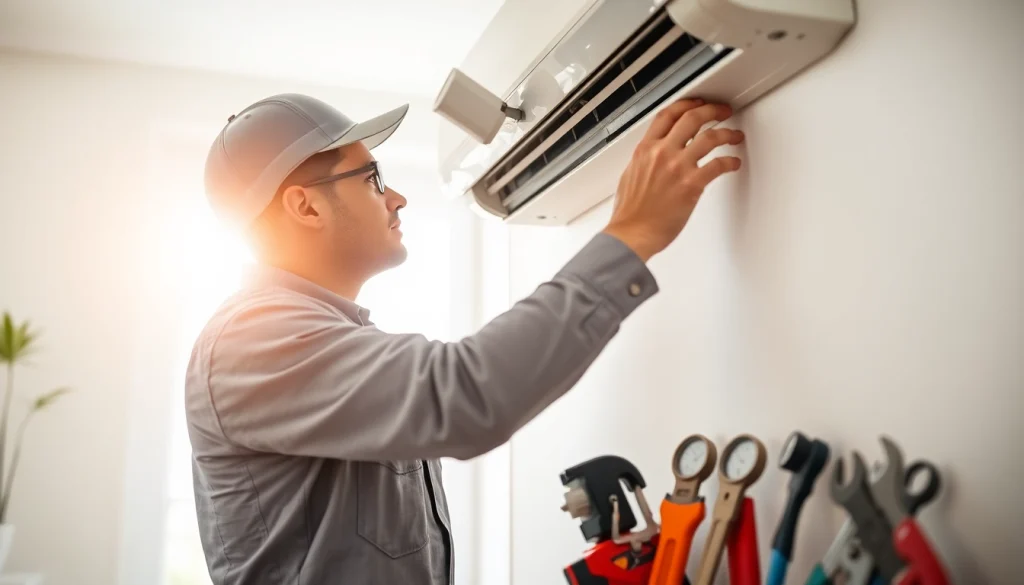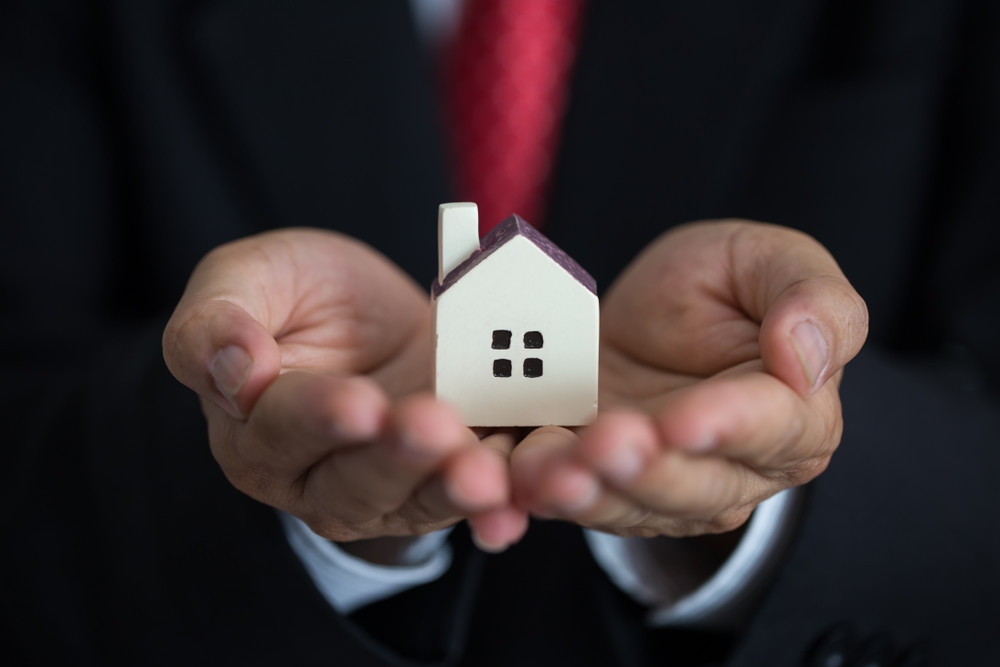Introduction to Cannabis Social Clubs vs. Public Cafés
The debate around cannabis culture in modern society often brings up the comparison between cannabis social clubs vs. public cafés. Both models offer a unique way for individuals to gather, socialize, and enjoy cannabis responsibly, yet their operations, goals, and social impact differ greatly. Understanding the differences between cannabis social clubs and public cafés is essential for consumers, policymakers, and communities seeking safe and regulated spaces for cannabis use. See More At: https://cannabis-clubs-near.me/
What Are Cannabis Social Clubs
Cannabis social clubs are private, membership-based organizations where individuals come together to collectively grow, distribute, and consume cannabis in a non-commercial, regulated manner. Unlike public cafés, cannabis social clubs operate with a focus on community, responsible consumption, and legality under specific regulations. Members usually pay a fee and participate in decision-making, making cannabis social clubs a democratic and safe environment.
What Are Public Cafés
Public cafés, in contrast, are commercial establishments where people can buy and consume cannabis in a social environment, often similar to coffee shops or lounges. Public cafés operate as businesses, focusing on customer service and accessibility. The comparison of cannabis social clubs vs. public cafés highlights how the latter emphasizes commercial sales, while the former prioritizes community-driven access.
Key Differences Between Cannabis Social Clubs vs. Public Cafés
When analyzing cannabis social clubs vs. public cafés, several key distinctions emerge:
- Ownership and Management – Cannabis social clubs are non-profit and member-driven, while public cafés are profit-based businesses.
- Accessibility – Social clubs require membership, but cafés are open to the general public.
- Cannabis Supply – Cannabis social clubs often grow their own supply, ensuring transparency and quality, while public cafés purchase cannabis from suppliers.
- Regulation – Social clubs tend to have stricter internal rules for responsible use, while cafés operate under broader commercial regulations.
Cannabis Social Clubs and Community Building
One of the main strengths of cannabis social clubs is their ability to foster community. Members not only share cannabis but also knowledge, social support, and activism. In the discussion of cannabis social clubs vs. public cafés, the social club model clearly leans towards collective responsibility, making it appealing to those who value community-driven initiatives.
Public Cafés and Accessibility
Public cafés, on the other hand, are designed for convenience and inclusivity. They provide a space for tourists, casual users, and newcomers to experience cannabis in a controlled environment. When comparing cannabis social clubs vs. public cafés, public cafés win in terms of accessibility and openness, allowing broader segments of society to engage with cannabis culture.
Legal Considerations of Cannabis Social Clubs vs. Public Cafés
The legality of cannabis social clubs vs. public cafés varies from country to country. Some regions allow cannabis social clubs as part of non-profit models, while others regulate public cafés under commercial frameworks. For example, Spain has embraced cannabis social clubs, while the Netherlands is famous for its cannabis cafés. Both systems highlight how local law shapes the future of cannabis consumption.
Safety and Quality Control
When examining cannabis social clubs vs. public cafés, safety and quality are crucial. Social clubs often focus on transparency in cultivation, giving members confidence in the purity and origin of cannabis. Public cafés rely on suppliers, which may create variations in quality. For health-conscious consumers, cannabis social clubs often present a more controlled and community-based approach.
Tourism and Cannabis Culture
Public cafés play a huge role in cannabis tourism, attracting visitors from around the world. In the debate of cannabis social clubs vs. public cafés, cafés clearly dominate in tourism appeal due to their accessibility. Social clubs, being private, are less likely to attract tourists but are more effective in sustaining local communities and reducing illegal market reliance.
Social Responsibility and Education
Cannabis social clubs vs. public cafés also differ in their approach to education. Cannabis social clubs often provide information about safe use, legal rights, and harm reduction. Public cafés may focus more on consumer experience rather than deep education. For those seeking guidance and knowledge, cannabis social clubs offer an added benefit.
Which Is Better for the Future of Cannabis
The future of cannabis social clubs vs. public cafés depends on societal priorities. If the goal is profit and tourism, public cafés are more effective. If the goal is responsible consumption, transparency, and community well-being, cannabis social clubs represent the stronger model. Both approaches, however, can coexist and complement each other in shaping a balanced cannabis culture.
Conclusion on Cannabis Social Clubs vs. Public Cafés
The comparison of cannabis social clubs vs. public cafés highlights two very different yet important models for cannabis consumption. Cannabis social clubs stand out for their community-driven, non-commercial approach, while public cafés thrive on accessibility and cultural appeal. Both models contribute to the normalization of cannabis, offering unique experiences depending on the user’s needs and values. For the future of cannabis, understanding the role of cannabis social clubs vs. public cafés is essential in building a responsible and inclusive society.




